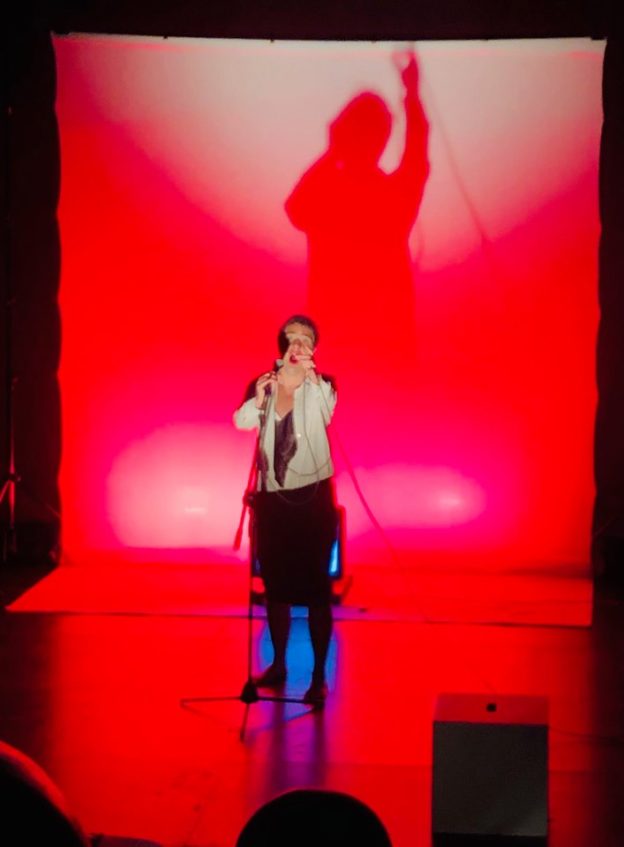by Egon Botteghi
The “musicians” (euphemism used for the castrated singers) appear in Italy by the end of the sixteenth century, following a Papal Decree that forbade women to sing in church and consequently in theatres. Throughout the following three centuries, musicians ruled the European music scene, becoming one of the most important exported “goods” from Italy. Created by other men for artistic as well as political and devotional purposes, these men are described in the literature of the time as “chimeric beings,” halfway between a man and a woman, between animal and human, between a living human being and a machine. The same fantastic and wonderful feature of assemblage that pertains to the disturbance aroused by the musicians’ voices can be found as well in several contemporary narratives and representations of trans experiences, in Italy and abroad. Singing the typical musicians repertoire, using their own trans voice, the author claims, trans persons can experience a moment of re-appropriation, which transforms Metastasio’s poems, arranged by the great baroque composers, in a kind of lingua franca for trans experiences.

